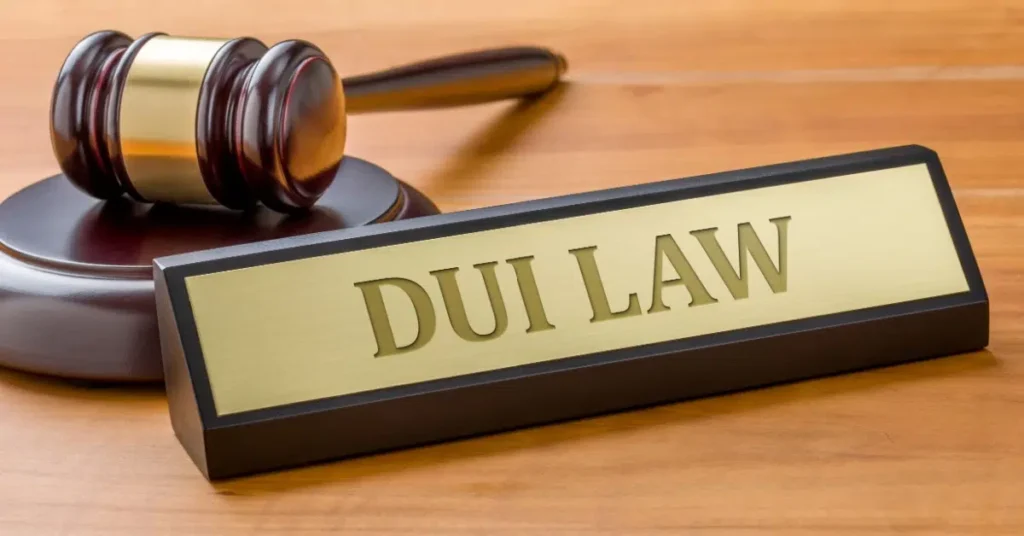Understanding Plea Deals in Texas
Plea deals are a crucial aspect of the criminal justice system, allowing defendants to negotiate a resolution to their charges without going to trial. In Texas, plea deals can significantly reduce the potential penalties a defendant may face, making it essential for individuals to understand how these agreements work.
Typically, a plea deal involves the defendant pleading guilty to a lesser charge in exchange for a more lenient sentence. For instance, a person charged with a felony DUI might negotiate a plea to a misdemeanor, which can lead to reduced fines and less severe consequences. It’s important for defendants to consult with experienced legal counsel to navigate this process effectively.
The Role of a Criminal Defense Attorney
A criminal defense attorney plays an essential role in ensuring that a defendant's rights are protected throughout the legal process. These legal professionals provide guidance on the implications of accepting a plea deal versus going to trial, helping clients make informed decisions based on their unique circumstances.
Moreover, a skilled attorney can negotiate on behalf of their client, potentially securing a more favorable plea deal. Their expertise in the local court system and familiarity with prosecutorial practices can make a significant difference in the outcome of a case, emphasizing the importance of having competent legal representation.
Common Misconceptions About Plea Deals
Many individuals harbor misconceptions about plea deals, often thinking they are a sign of guilt or that they are only advantageous for the prosecution. However, plea deals can serve as a strategic tool for defendants, allowing them to avoid the uncertainties of a trial.
For example, some may believe that accepting a plea deal means they will face harsher penalties than if they went to trial and were acquitted. In reality, plea deals can often lead to reduced sentences and a quicker resolution, which can be particularly beneficial for those with limited resources or time constraints. Educating clients about these misconceptions is a vital part of a defense attorney's role.
Steps to Take When Considering a Plea Deal
When faced with the option of a plea deal, it’s important for defendants to follow specific steps to ensure they are making the best decision for their situation. First, they should consult with their attorney to understand the full implications of the deal being offered.
Next, defendants should assess the strength of the evidence against them and consider the potential outcomes of going to trial. Gathering all relevant information and weighing the pros and cons can help individuals make a well-informed choice. Ultimately, having a clear understanding of their legal options is crucial for anyone navigating the complexities of criminal charges.






